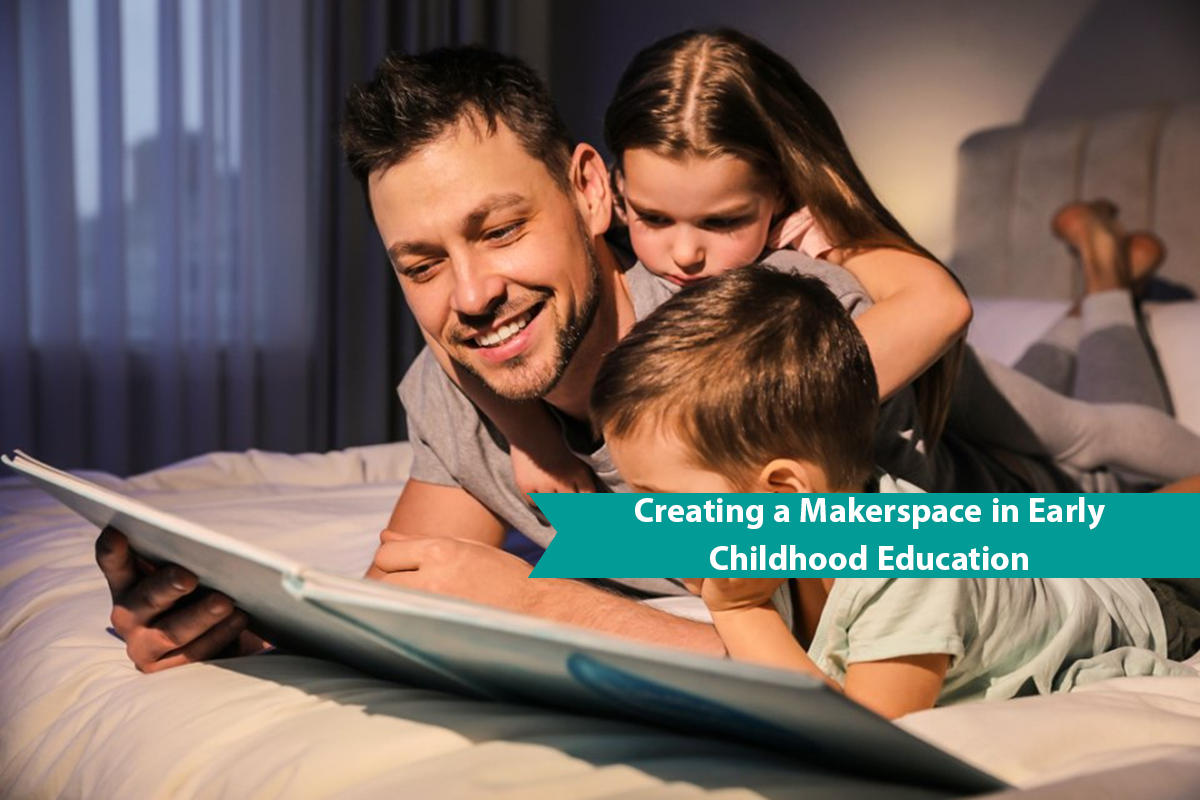




Recent research shows that incorporating a Makerspace in early childhood education can significantly enhance children’s STEM thinking skills (Science, Technology, Engineering, and Mathematics) and promote their emotional development. These creative learning environments encourage children to explore, experiment, and innovate.


In this study, researchers implemented a structured Makerspace program in children’s classroom activities. The program included:
🎯 How to Apply These Findings in Everyday Life:
✔️ Encourage children to ask questions and explore new ideas.
✔️ Incorporate interactive activities such as robotics, science experiments, and design projects into their learning routine.
✔️ Create opportunities for children to investigate and experiment with new topics.
✔️ Inspire children to solve real-world problems and design creative solutions.
✔️ Parents and teachers should act as facilitators, providing a safe space for children to test their ideas and explore freely.

